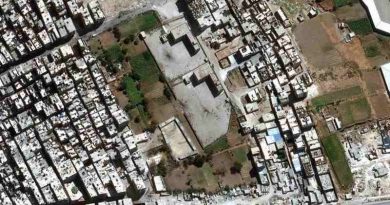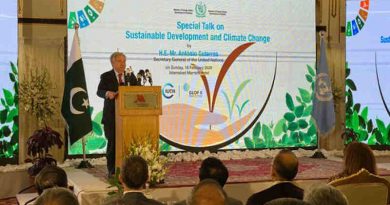Artificial Intelligence to Combat Climate Change: UN Report

From cutting emissions in cities to natural disaster risk reduction, smart water management, and precise climate monitoring, frontier technologies in fields such as artificial intelligence (AI), 5G, and robotics demonstrate considerable potential to support the battle against climate change.
This is stated in the findings of a new ITU/UN report, “Frontier technologies to protect the environment and tackle climate change“. The report was released to mark the occasion of Earth Day 2020 on April 22.
The UN report investigates eight fields of innovation: Artificial Intelligence (AI); Internet of Things (IoT); 5G; clean energy technology; digital twin; robotics; Space 2.0 technologies; and digitalization and Big Data.
[ Covid Health Bulletin Covers Global Coronavirus News and Views ]
“COVID-19 has made clear that we are all interconnected and that our response must be collective, across countries and sectors and that information and communication technologies (ICTs) have an important role to play in accelerating solutions. How we respond to climate change, as one humanity, must follow the same principles,” said ITU Secretary-General Houlin Zhao.
“This report is a call to action for governments, civil society, academia, the scientific community and the technology industry to join UN agencies in their effort to leverage frontier technologies to tackle the urgent climate crisis.”
The report offers case studies exploring applications of frontier technologies to reduce air pollution and manage e-waste, support smart water and energy management, generate clean energy, model ‘digital twin’ cities for disaster risk reduction, support smart agriculture and food security, and monitor the planet’s climate and biodiversity.
The report emphasizes the overarching goal of this innovation, the achievement of the 2030 Agenda for Sustainable Development, in particular SDG 13 on Climate Action. It also highlights the potential of frontier technologies to support the achievement of the United Nations Framework Convention on Climate Change (UNFCCC) Paris Agreement’s goal of limiting global warming to 1.5°c above pre-industrial levels.
💛 Support Independent Journalism
If you find RMN News useful, please consider supporting us.




